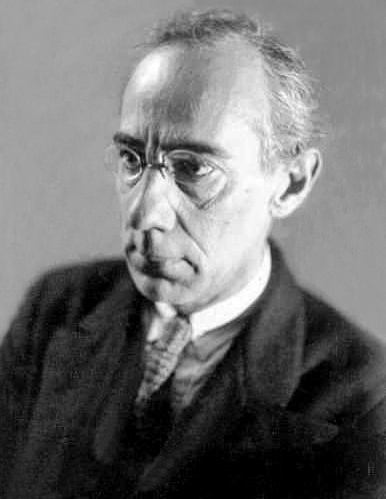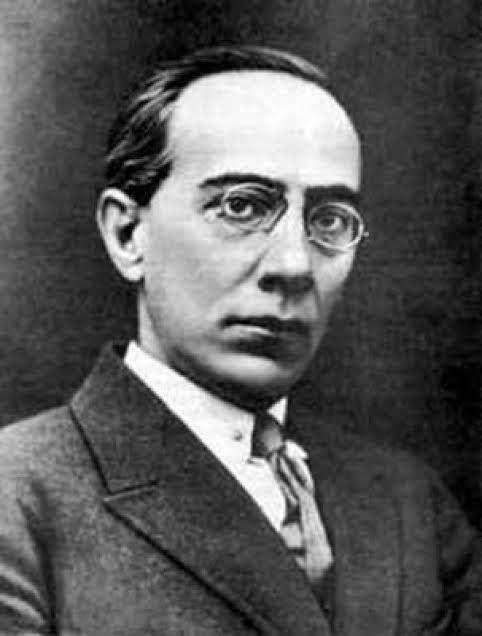
- تجربة علمية غامضة يخضع لها شاب تحت ضغط الحاجة للمال.. تقلب عواقبها حياته رأسًا على عقب، ففجأة يصير هذا الشاب مختلفًا عمَّن حوله.. تتغير حياته، لكن ما حدود هذا التغيير؟ وهل سيتقبَّله مَن حوله بشكله الجديد أو سيخافونه؟ أو تُراهم سيستغلونه، كما هي عادة البشر منذ الأزل؟ - تقودنا القصة للتفكير في ماهية الاختلاف، ومدى تقبُّلنا لاختلافات بعضنا البعض، وهل هو نعمة أو نقمة، يضفي علينا تميُّزًا ما أو يقضي علينا؟ - كعادة ألكسندر بيليايف (المُلقَّب بجول فيرن الروسي)؛ فإنه يضع فكرة خيالية خالصة، ثم يتفرغ لمراقبة البشر، ومراقبة اندهاشاتهم وتفكيرهم.. كيف يهربون، وكيف يستفيدون، حتى في أعتى الصعاب يمكن للبشر أن يأتوا بردود أفعال مذهلة.
Authors

Alexander Romanovich Belyaev (Russian: Александр Романович Беляев); born 16 March 1884 in Smolensk, Russian Empire; died 6 January 1942 in Pushkin, USSR] Born in Smolensk, at the age of 30 Alexander became ill with tuberculosis. Treatment was unsuccessful; the infection spread to his spine and resulted in paralysis of the legs. Belyayev suffered constant pain and was paralysed for six years. In search for the right treatment he moved to Yalta together with his mother and old nanny. During his convalescence, he read the work of Jules Verne, H. G. Wells, and Konstantin Tsiolkovsky, and began to write poetry in his hospital bed. By 1922 he had overcome the disease and in 1923 returned to Moscow where he began his serious literary activity as writer of science fiction novels. In 1925 his first novel, Professor Dowell's Head (Голова Профессора Доуэля) was published. From 1931 he lived in Leningrad with his wife and oldest daughter; his youngest daughter died of meningitis in 1930, aged six. In Leningrad he met H. G. Wells, who visited the USSR in 1934. In the last years of his life Belyaev lived in the Leningrad suburb of Pushkin (formerly Tsarskoye Selo). At the beginning of the German invasion of the Soviet Union during Second World War he refused to evacuate because he was recovering after an operation that he had undergone a few months earlier. Belyayev died of hunger in the Soviet town of Pushkin in 1942 while it was occupied by the Nazis. His wife and daughter, who managed to survive, were taken away to Poland by the Nazis. The exact location of his grave is unknown. A memorial stone at the Kazanskoe cemetery in the town of Pushkin is placed on the mass grave where his body is assumed to be buried.
